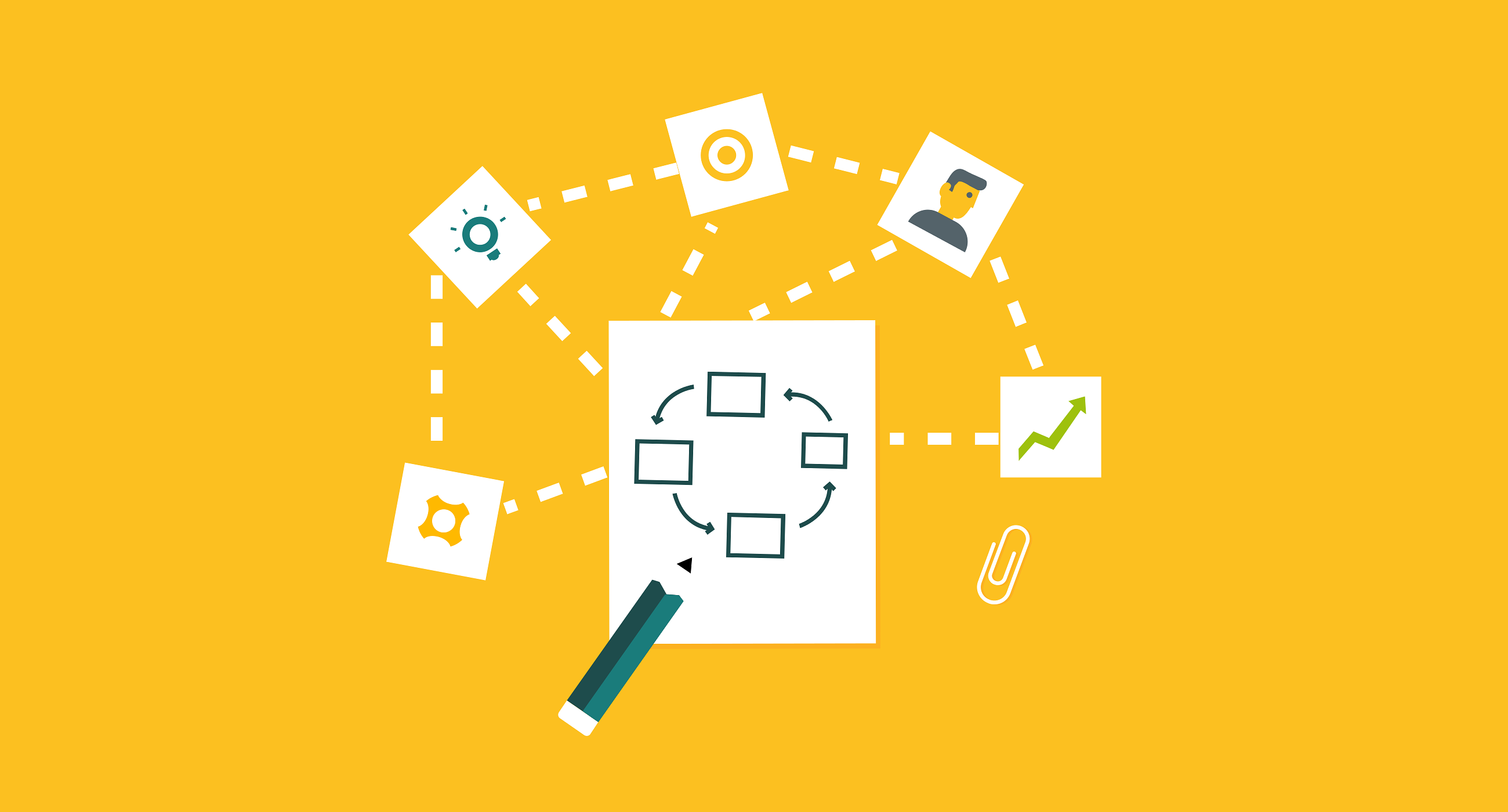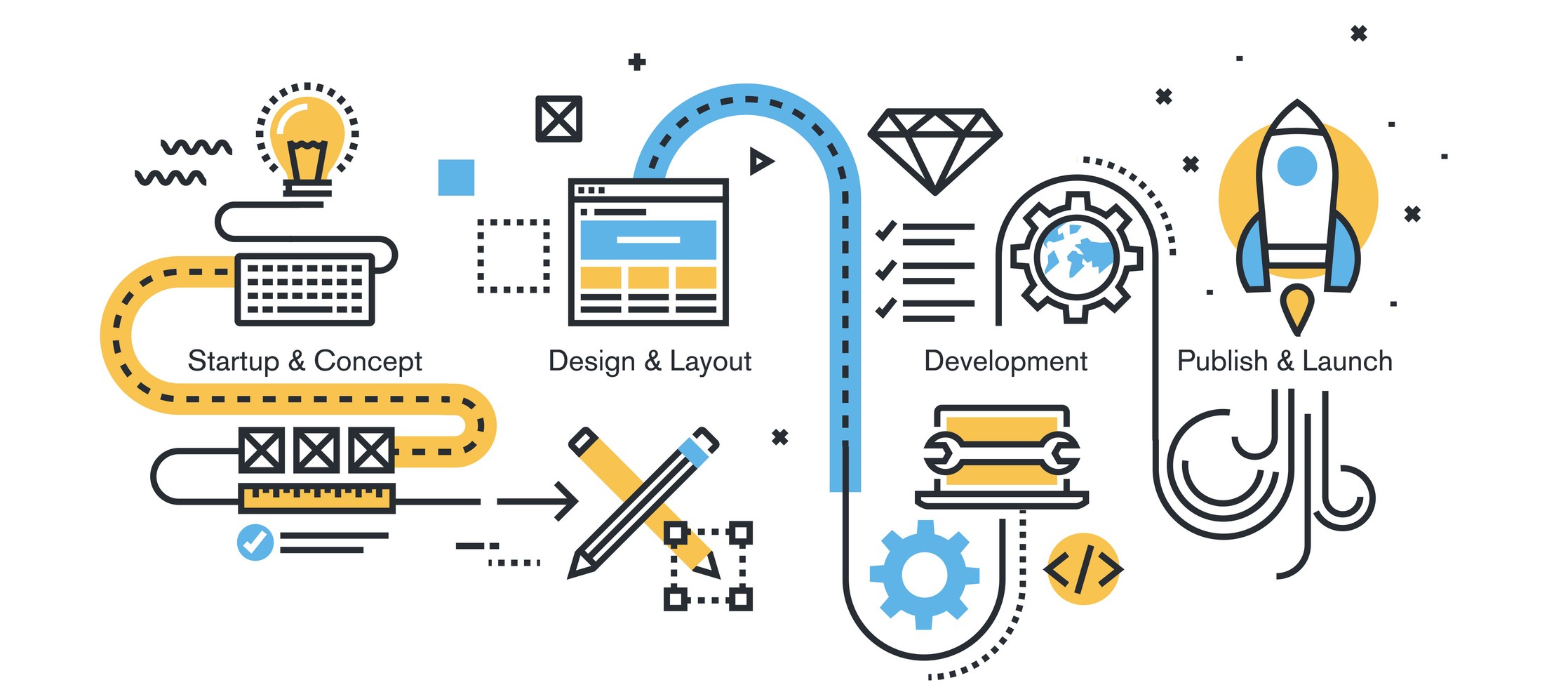Staying in Google's good graces is paramount. Not just because Google is the world's leading search engine, but because the position of your website in search results has a profound impact on visibility, traffic, and consequently, revenue.
A Google penalty can quickly sideline your website, causing a significant dip in site performance and, by extension, a decrease in business revenue.
Nature of Google Penalties
For most website owners, the term "Google Penalty" can send chills down their spine. But to effectively avoid these penalties, it's crucial to understand their nature, how they're applied, and the reasons behind them.
Manual vs. Algorithmic Penalties
There are two main types of penalties that Google can impose on a website: manual and algorithmic.
- Manual Penalties
As the name suggests, these are manually applied by Google's webspam team. When a website is hit with a manual penalty, the owner will receive a notification via Google Search Console, explaining the reason for the penalty. The good news is that with manual penalties, once the outlined issues are addressed and rectified, website owners can submit a reconsideration request to have the penalty lifted. - Algorithmic Penalties
These are automatic and are triggered by updates to Google's search algorithms. They are typically harder to detect because Google doesn't send out direct notifications. Instead, a sudden and significant drop in search rankings or traffic usually indicates an algorithmic penalty. Addressing these requires identifying which algorithm update caused the drop and making necessary adjustments to the website.
Common Reasons for Google Penalties
While Google's search algorithm is intricate with over 200 factors determining site ranking, several common culprits lead to penalties:
- Unnatural Links
These can be both inbound and outbound. Purchasing links, participating in link schemes, or using automated programs to create links can lead to a penalty. - Thin Content
Pages with little or no added value, including automatically generated content, affiliate pages without original content, or doorway pages, can be flagged by Google. - Cloaking
This is a deceptive technique where the content presented to Googlebot is different from the content presented to users. Google aims to provide users with the best and most relevant content, and cloaking interferes with this goal. - Hidden Text or Links
Any attempt to manipulate Google’s algorithms with hidden links or text (like using white text on a white background) can result in a penalty. - Keyword Stuffing
Overloading a webpage with keywords, making content appear unnatural, can trigger a penalty.
Google's primary aim is to enhance the user experience, ensuring they get relevant, high-quality content. Any tactics employed to trick the system can lead to penalties.
Implementing E-A-T to Avoid Google Penalties
Understanding and implementing Google's E-A-T (Experience, Expertise, Authoritativeness, Trustworthiness) guidelines is vital for not only enhancing a website's performance but also for ensuring its longevity in the ever-evolving web landscape.
E-A-T isn't just a buzzword; it's a foundational aspect of creating and maintaining a reputable online presence. Let's break down how each component can be the protective shield against potential Google penalties.
Experience
The user's experience is paramount. It dictates not only how they interact with your content but also their likelihood of returning or becoming a loyal visitor.
- Designing a User-Friendly Website Interface
A seamless, intuitive design ensures users can navigate your site effortlessly. This includes logical content hierarchy, clear CTAs, and consistent design elements. - Ensuring Mobile Optimization
With a significant portion of web users on mobile devices, mobile optimization isn't optional. A mobile-optimized site ensures users on all devices have a consistent and user-friendly experience. - Page Load Speed
Users are increasingly impatient with slow-loading sites. Ensuring quick page loads reduces bounce rates and enhances overall user satisfaction.
Expertise
Your content is the backbone of your site, and its quality directly impacts your site's reputation and ranking.
- Significance of High-Quality, Well-Researched Content
Producing content that is both insightful and accurate positions your site as a valuable resource in your niche. - Credentials and Qualifications in Content Creation
Especially vital for YMYL (Your Money or Your Life) websites, showcasing the qualifications or credentials of content creators can bolster your site's perceived expertise.
Authoritativeness
Being an expert is one thing; being recognized as an expert is another. That recognition often comes from external sources, indicating your website's authority in its niche.
- Building Quality Backlinks
When reputable sites link back to yours, it's a nod of approval in Google's eyes. Prioritize gaining backlinks from authoritative domains in your industry. - Guest Blogging and Association with Esteemed Publications
Contributing to recognized publications in your field can bolster your site's authority. It showcases your expertise and broadens your reach.
Trustworthiness
Trust is the foundation of any relationship, including the one between websites and their visitors.
- Importance of SSL Certificates
Secure Socket Layer (SSL) certificates encrypt the data between the user's browser and your server, ensuring safe data transmission. Google sees SSL as a hallmark of a trustworthy site. - Transparent Information About the Business
Providing clear and accessible information, like contact details, about us pages, and privacy policies, boosts users' confidence in your site's legitimacy and transparency.
Best Practices to Stay Ahead
Navigating the dynamic world of search engine optimization and Google's ever-changing algorithms is akin to steering a ship through unpredictable waters. By adopting certain best practices, website owners can ensure they remain not just afloat, but ahead in the race, minimizing the risk of encountering those dreaded Google penalties.
Regular Site Audits
Conducting regular site audits is akin to a health check-up for your website. It’s a proactive approach to ensure your site remains in optimal health.
- Importance of Identifying and Rectifying Potential Issues
Regular site audits can unveil a plethora of issues ranging from broken links, duplicate content, to more severe SEO pitfalls. Addressing these issues promptly ensures they don't escalate into bigger problems that could flag Google penalties. - Tools at Your Disposal
Leveraging tools like SEMrush, Ahrefs, or Google's very own PageSpeed Insights can provide comprehensive insights into your site's performance and areas of improvement.
Staying Updated with Google's Algorithm Changes
The only constant with Google's algorithms is change. Being in the loop ensures you adapt your strategies accordingly.
- Subscribing to Trusted SEO News Sources
Websites like Search Engine Journal, Search Engine Land, and Moz Blog frequently publish updates on the latest in SEO and Google's algorithm shifts. - Engaging in SEO Forums
Forums like Webmaster World and the SEO section of Reddit are great platforms for discussions, experiences, and advice from fellow webmasters and SEO professionals.
Open Communication with Google
Having a direct line of communication with Google can often be the fastest way to identify and address issues, and there's no better tool for this than the Google Search Console.
- Google Search Console for Warnings and Messages
Google Search Console is not just a tool for tracking website performance; it's also a channel through which Google communicates with website owners. Whether it's notifications about manual actions, index coverage issues, or mobile usability problems, staying attentive to GSC messages can prevent minor issues from becoming major headaches. - Addressing Issues Proactively
When Google flags an issue, addressing it promptly and, if needed, filing a reconsideration request, can speed up the recovery process, ensuring minimal disruption to your site's performance.
At the heart of it all is the proactive approach to avoid Google penalties, which not only safeguards a website's ranking but also its reputation and revenue stream.
It's essential to recognize that website optimization is not a one-time task, but rather a continuous journey. As the digital world evolves, so does the criterion set by search engines. Hence, the onus falls on website owners to stay updated, remain vigilant, and prioritize delivering genuine value to their audience.




